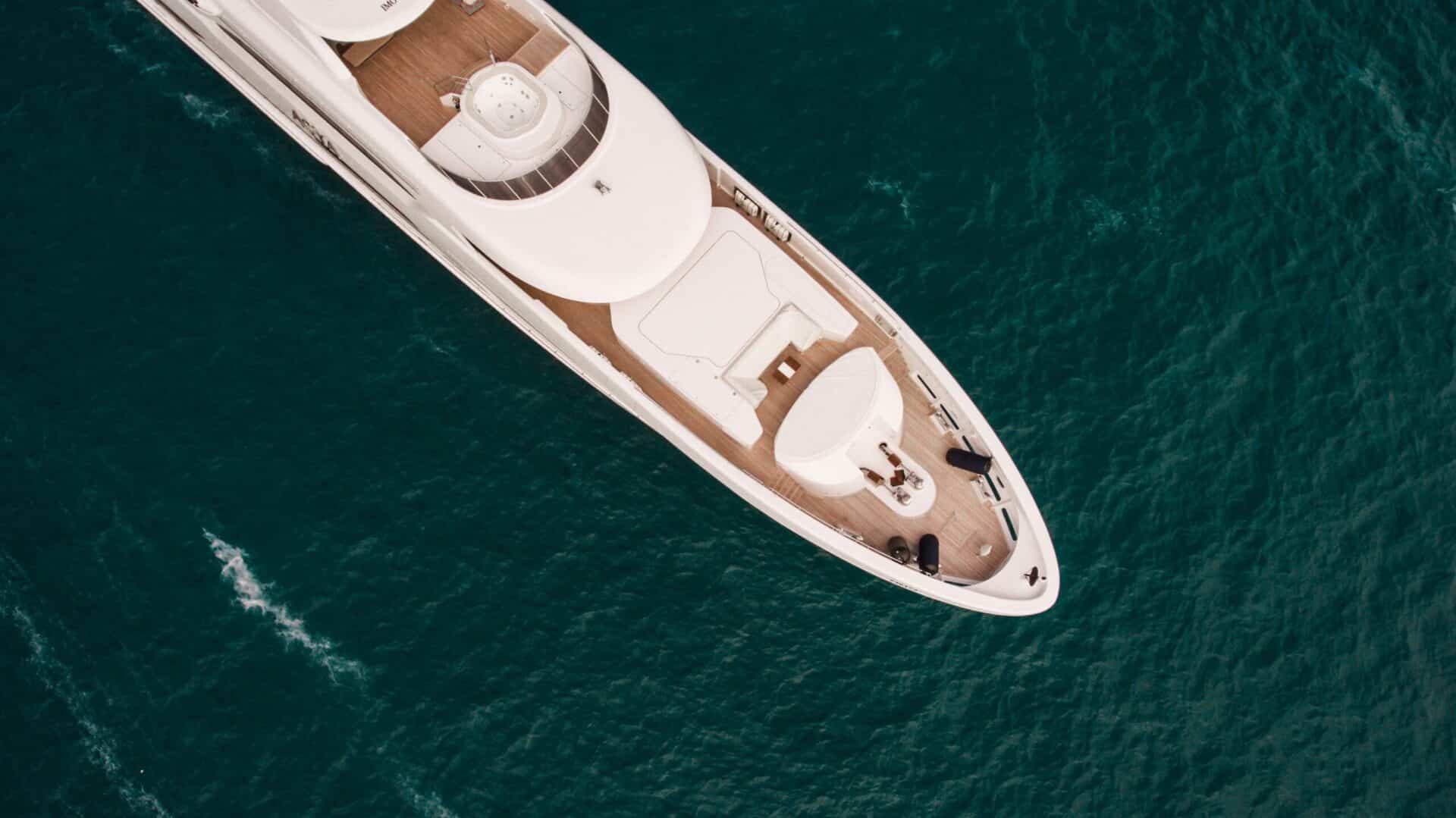The Bahamas (Northern Region)
Turks and Caicos
Amsterdam
Cyprus
Cayman Islands
Jamaica
Barbados
British Virgin Islands

December 27 2021

Repairing any significant damage to a ship or yacht will usually mean the involvement of the vessel’s insurer. When making a claim for repair, honesty is of paramount importance. We’ve explored previously the idea that even the suggestion of fraud on the part of the person seeking to claim under a marine insurance policy can result in the entire claim being rejected.
But what happens when an insurer refuses to settle an apparently honest, reasonable repair bill? This is what happened in the English High Court case of ABS Company Ltd. v. Pantaenius UK Ltd. and others (2020) where a £250,000 repair bill for a high-end yacht was disputed. We examine the case below, and as we’ll see, ultimately the yacht owner was successful in having the repairs paid for. The case is a cautionary tale for any marine insurer when disputing a repair bill. ParrisWhittaker is a leading shipping and maritime law firm based in the Bahamas. Our specialist team regularly advise ship owners and insurers on their rights and obligations under specialist marine insurance contracts.
ABS Company Ltd. v. Pantaenius (2020): What Was The Dispute About?
The case arose after a luxury yacht designed to sail at high speed ran aground in the Bosporus Strait in Turkey as it returned to its home port following a day trip. The owners spent £250,000 repairing damage caused by the collision.
The yacht was built to a very specific design and a significant amount of the repair bill reflected the cost of shipping damaged parts back to specialist technicians in Italy for repair. The insurers argued that this was unreasonable – they believed the parts could have been inspected and repaired much more cheaply locally in Turkey.
The High Court judge (whose decision will have persuasive authority here in the Bahamas) agreed however with the yacht owner. In his opinion, the damaged parts (highly specialised computer controlled drive systems) were integral to the correct operation and performance of the vessel. It was ‘plain’ that they needed to be removed and inspected by the manufacturer in Italy. The judge did include the proviso that if the work could have been done locally then it should have been. But he had found no evidence from any repairer in Turkey that it was capable of repairing the units to the standard required by the policy.
The precise terms of the policy were as follows:
‘claims for.. damage to the yacht should be settled on the basis of reasonable repair and/or replacement costs necessary to reinstate the yacht as nearly as is reasonably possible to its pre-accident condition. Where a claim is recoverable under this insurance these necessary costs will include the cost of transporting the yacht to the nearest appropriate repair facility.’
Referring back to an earlier English case the judge confirmed that whether the cost of repairs is reasonable or not is an objective consideration, And if the cost is
objectively reasonable then that cost is recoverable by an insured party – irrespective of the insured’s motives.
Comment
The success of the yacht owner in ABS Company Ltd. having his repair bill met more or less in full (some deductions were made for anti-fouling and tenting measures which the judge saw as excessive) is a stark warning to insurers. They will, in reasonable cases, be held to their obligations under a marine insurance contract.
The case has also garnered attention for another reason: the legal costs involved. Almost a quarter of the 80-paragraph judgment deals with objections made by the insurers to the claimant’s legal costs. The claimed costs amounted to £213,000 – a significant total given the repair bill that was the subject of the case itself was £250,000.
While the costs claimed were not paid in full the yacht owner did overcome many of the objections of the insurer. The level of legal fees is a clear demonstration – if it were necessary – of the importance of trying to reach agreement ahead of court in cases like this, and to consider arbitration and other forms of ADR. In each case While mediation was attempted in this case, it was unsuccessful.
Contact Us
We advise ship owners and insurers on all aspects of marine insurance. If you need advice please schedule a meeting with a lawyer at ParrisWhittaker today.
CLOSE X
